The Cybersecurity Landscape Shifts as AI and Quantum Technologies Emerge
Cisco's latest report highlights the growing threat of AI-powered cyberattacks, with the company estimating that the global cost of cybercrime will reach $10.5 trillion by 2025, up from $3 trillion in 2015. This alarming trend is forcing businesses to rethink their cybersecurity strategies, as the use of AI tools for reconnaissance, phishing, and ransomware attacks becomes increasingly prevalent.
According to Cisco, the number of AI-powered phishing attacks has risen dramatically, with tens of thousands of tailored emails being generated in seconds using generative AI. Moreover, the cost of accessing voice cloning software capable of bypassing security defenses has dropped to as little as a few dollars, making it more accessible to cybercriminals. The introduction of agentic AI, which enables autonomous systems to reason, act, and adapt like human adversaries, further raises the stakes for digital defenders.
The threat landscape is also being reshaped by the emergence of quantum computing, which has the potential to seriously undermine current encryption standards if developed unchecked. Quantum algorithms can solve the mathematical problems underlying most modern cryptography, particularly public-key systems like RSA and Elliptic Curve, widely used for secure online communication and data transfer.
The impact of these technological advancements on the cybersecurity industry is significant. As AI-powered attacks become more sophisticated, businesses are struggling to keep pace with the evolving threat landscape. According to a recent survey, 70% of organizations reported an increase in AI-powered attacks in the past year, with 60% citing a lack of skilled personnel to address the issue.
Cisco, a leading provider of cybersecurity solutions, is at the forefront of the industry's response to these challenges. The company's AI-powered security products, such as its Threat Response and Detection platform, are designed to detect and respond to AI-powered attacks in real-time. Additionally, Cisco is investing heavily in quantum-resistant cryptography, with the goal of developing encryption standards that can withstand the threat of quantum computing.
As the cybersecurity landscape continues to shift, businesses must adapt their strategies to stay ahead of the threat. This includes investing in AI-powered security solutions, developing quantum-resistant cryptography, and upskilling personnel to address the evolving threat landscape. With the cost of cybercrime projected to reach $10.5 trillion by 2025, the stakes have never been higher for digital defenders.
In conclusion, the emergence of AI and quantum technologies is dramatically reconfiguring the cybersecurity landscape, forcing businesses to rethink their strategies and invest in new technologies to stay ahead of the threat. As the industry continues to evolve, one thing is clear: the future of cybersecurity will be shaped by the intersection of AI, quantum computing, and human ingenuity.





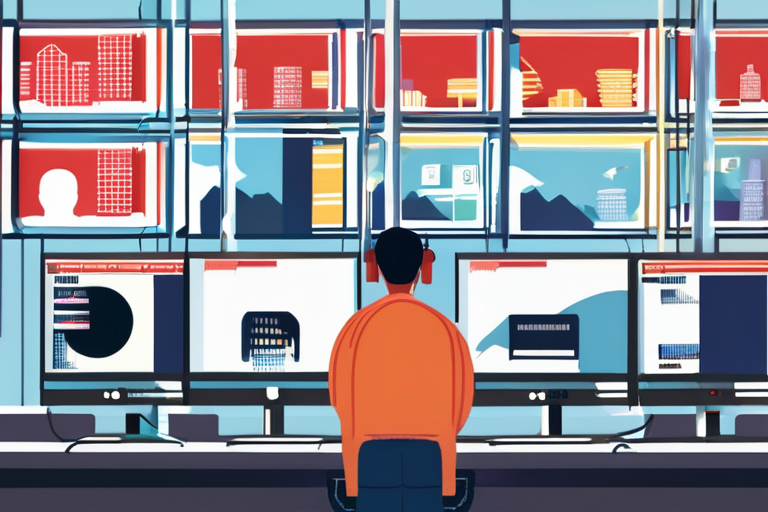


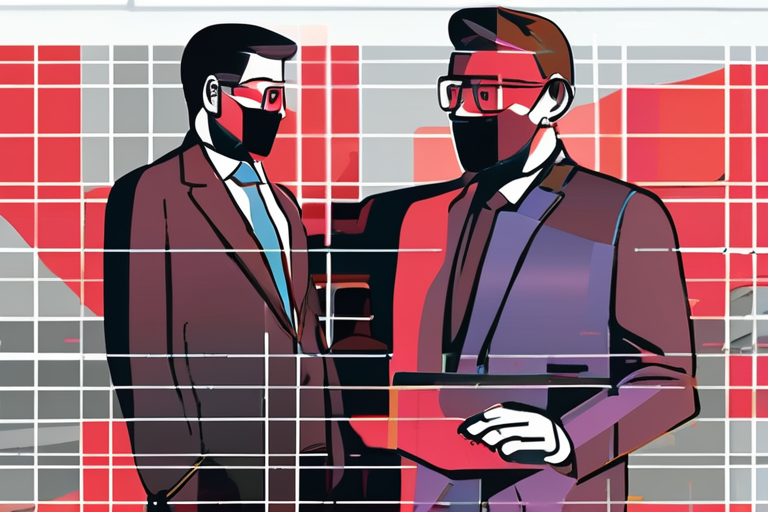
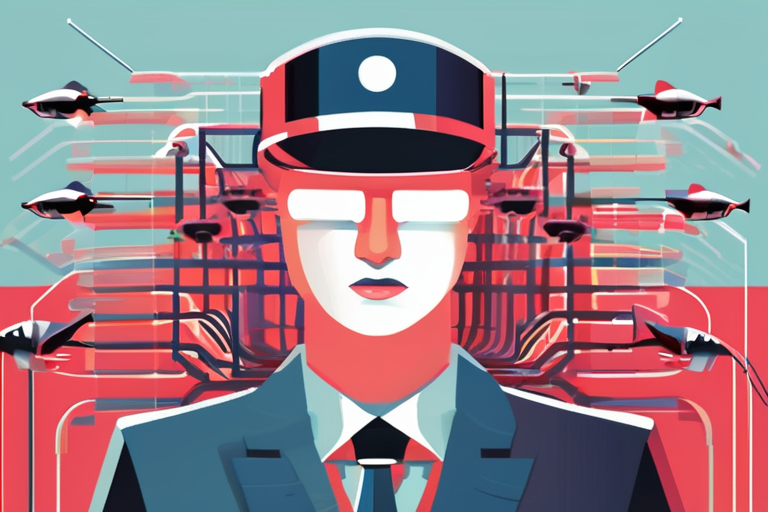
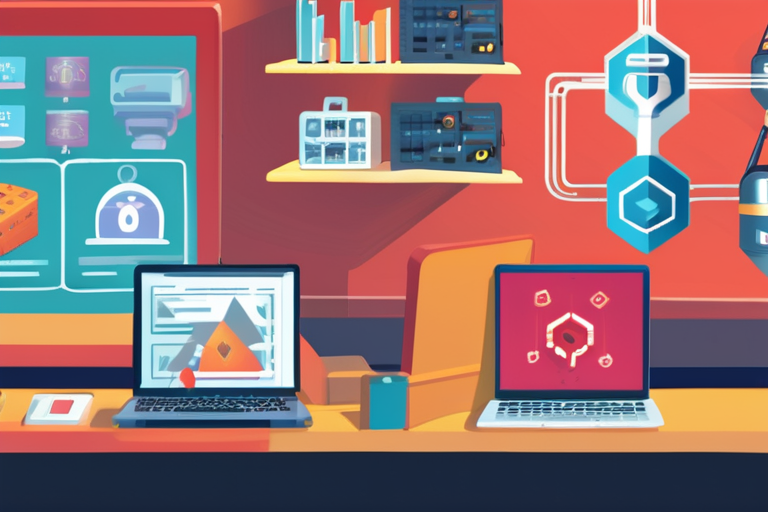











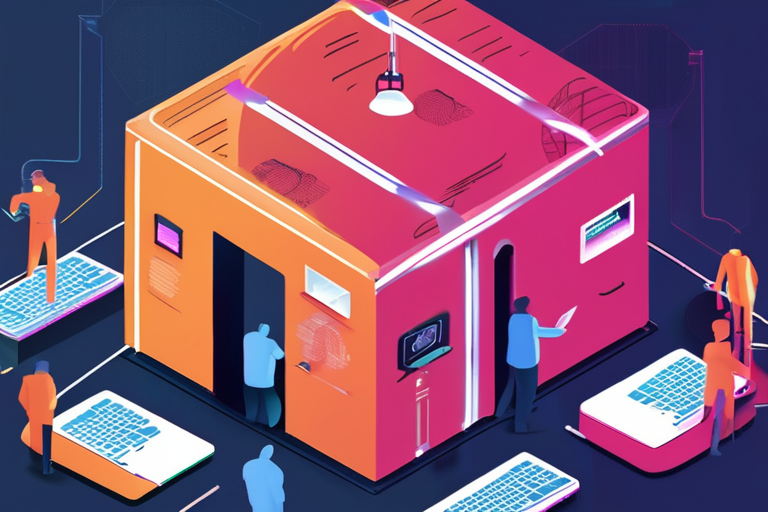
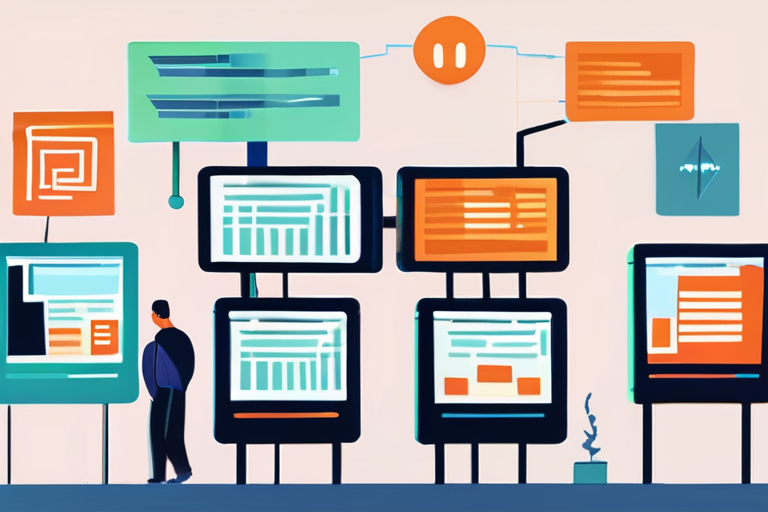



Share & Engage Share
Share this article